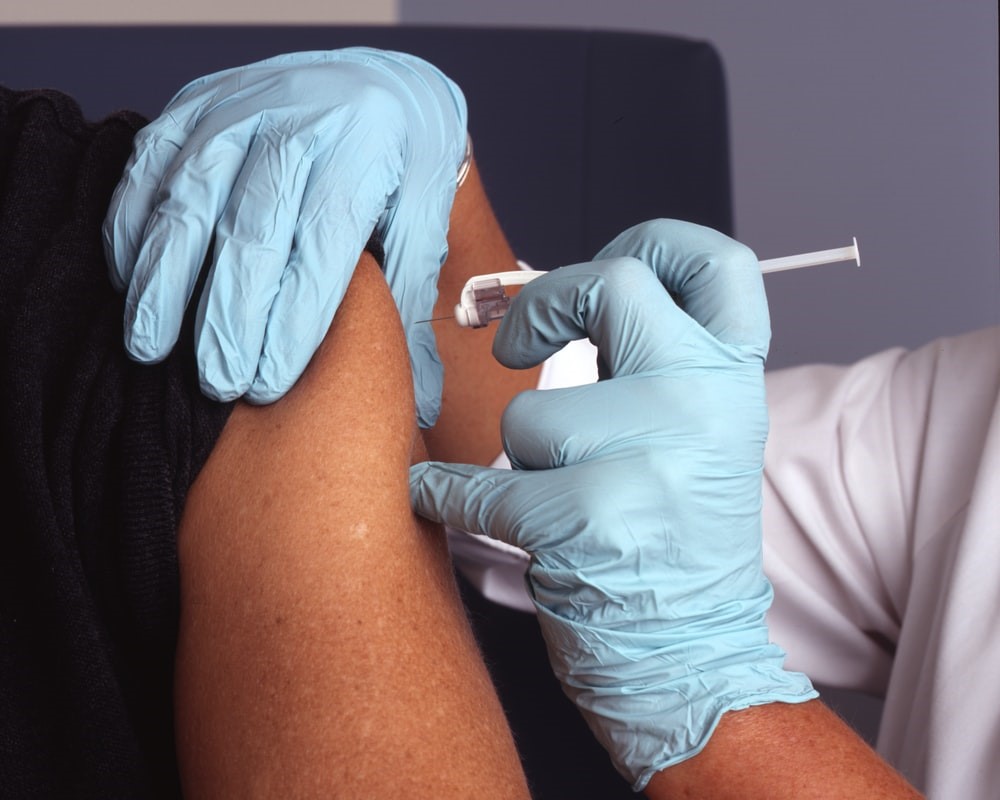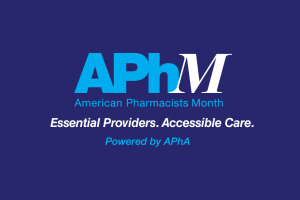Vaccine Recommendations for Adults

Vaccination Recommendations for Adults
The demand for the COVID vaccine has increased once again with the announcement of the booster dose. The COVID booster is a high priority for many of our patients, but there are other important vaccines that should not be forgotten. Fortunately, many of these vaccines can be administered at the same time – the CDC now approves giving other vaccines simultaneously with the COVID vaccine. Vaccinations can be administered in the same arm but it is recommended to get doses that may cause soreness in opposite arms. For example, both the COVID vaccine and the shingles vaccine may cause soreness so it is recommended to get them in opposite arms.
Influenza (Flu) Vaccine:
We are currently in the middle of the flu season meaning it is time for the annual influenza vaccine. The CDC generally recommends getting this between September and October. However, the flu vaccine is still recommended after this period as the flu generally peaks around February and may even continue into the spring. We are all generally aware of the risk and complications associated with COVID but we should not forget about the risks associated with the flu. General symptoms of the flu include fever, cough, and sore throat. The flu generally runs its course over a few days, but it can also develop into life-threatening complications. For example, the flu can develop into pneumonia or inflammation of our organs including the heart, brain, or muscles. For adults 65 years and older there is a high-dose seasonal influenza vaccine available that provides stronger immunity.
Tetanus, Diphtheria, Pertussis (Tdap) Vaccine:
On the topic of booster vaccines, do not forget the Tdap booster as well. The Tdap vaccine helps prevent against tetanus, diphtheria, and pertussis (a.k.a. whooping cough). Tetanus can cause painful muscle stiffening, diphtheria is a serious infection that can lead to heart failure or paralysis, and whooping cough can make it hard to breathe. This is an important vaccine to get to help prevent these infections. People usually get their first dose of Tdap when they around 11 to 12 years old. After the initial dose, it is important to also get a Tdap booster every 10 years to maintain immunity. If you have no record of when you last got your Tdap vaccine, it is ok to go ahead and get a booster now.
Zoster (Shingles) Vaccine:
For adults that are 50 years and older, another important vaccination is for shingles. Shingles can cause painful rashes and blisters to appear on the body. The pain caused by shingles can sometimes still linger even after the rashes go away. Similar to the Pfizer and Moderna COVID vaccines, the shingles vaccine requires two doses. What makes the shingles vaccine different is that the two doses are separated by 2 to 6 months. If you had shingles, chickenpox, or even the old shingles vaccine (Zostavax) in the past, you are still eligible and encouraged to get the newer shingles vaccine (Shingrix) for additional immunity.
Pneumococcal Vaccine:
For adults that are 65 years and older, another recommendation is for the pneumococcal vaccine. The pneumococcal vaccine helps to prevent bacterial infections such as pneumonia, ear infection, and bloodstream infections. Adults under the age of 65 with certain chronic health conditions, immunocompromising conditions, or are cigarette smokers may also be eligible for the pneumococcal vaccine and should have a discussion with their doctor about eligibility. Depending on the condition, you might be eligible for one or two pneumococcal doses before age 65.
Generally, patients with immunocompromising conditions are indicated to get two pneumococcal doses before age 65 (Prevnar 13 followed by Pneumovax 23 eight weeks later). Patients with chronic health conditions such as chronic heart or lung disease, diabetes, or current cigarette smokers are indicated to get one pneumococcal vaccine (Pneumovax 23). In either situation, you would need another pneumococcal vaccine once you reach age 65 and it has been at least 5 years since the last dose.
Measles, Mumps, and Rubella (MMR) Vaccine:
For adults born in 1957 or later, another recommendation is for the MMR vaccine if you have no evidence of immunity. Adults born before 1957 are generally assumed to be immune as they would have likely acquired immunity naturally. Measles is a very contagious respiratory disease that can cause fever and rash. Mumps can cause the glands around the jaw to swell as well as cause tiredness and muscle aches. Rubella can also cause swelling of glands and joints to ache. For those with no evidence of immunity, it is recommended that you get one dose of the MMR vaccine to help prevent against these diseases.
Conclusion
As you are making plans to get your COVID booster (or have already received it), please do not forget to also get these other important vaccines. Getting vaccinated is important as it is a powerful tool in preventing the spread of the diseases mentioned. Some of our loved ones may not be able to get vaccinated due to certain health conditions. By getting vaccinated we are protecting both ourselves and our loved ones that rely on us to stop the spread of disease. The side effects associated with vaccines are typically minimal and short-lived. The long-lasting effect is that they help you stay healthy and not get sick. It’s also easy to get vaccinated as there are many places you can go to get vaccinated such as your doctor’s office, nursing facility, and even your local pharmacy. You can always ask your local pharmacist if you have any questions about vaccines and which ones you may currently be eligible for.
Written by: Izet Porobic, Pharm.D. Candidate 2022
Additional Resources:
Recommended Adult Immunization Schedule – CDC



